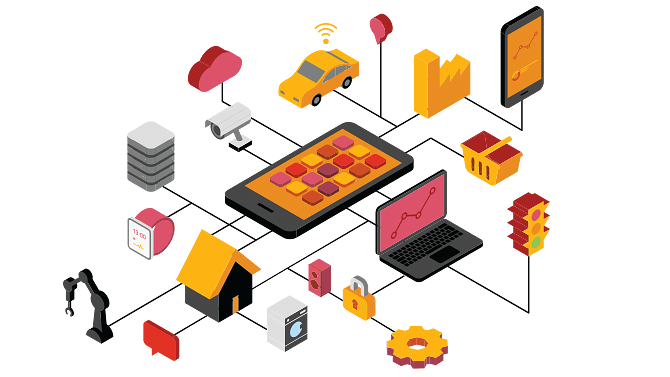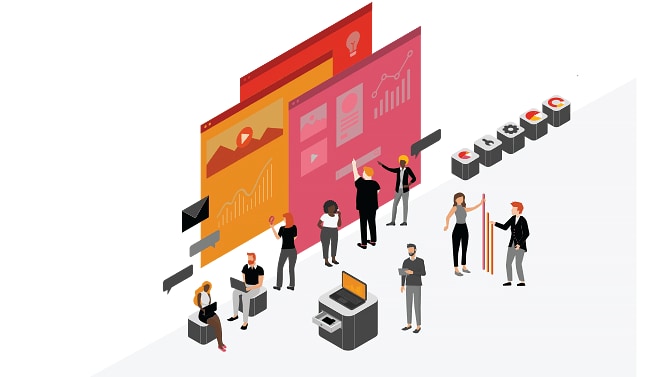How do business leaders manage the fact that there are now four generations – Baby Boomers (Boomers), Generation X (Gen X), Millennials and Generation Z (Gen Z) – in the workforce each with their own strengths and priorities - all at a time of exceptional disruption? A significant number of CEOs (39%) and their employees (30%) have told us they don’t think their company will be around in 10 years if it doesn’t transform. So, as the incumbent leaders – the Boomers – begin to ease off the gas and the upcoming generations start to step up and take their place in the driving-seat, the challenge now is how to negotiate this generational mix in an era of constant change. It’s a dilemma that has particular resonance for private businesses and their owners, and of course for family businesses too.
The results of the latest PwC's Global Workforce Hopes & Fears Survey of nearly 54,000 workers across 46 countries and territories provide a fascinating snapshot of employee sentiment globally that can help business leaders address these generational shifts. This will be key as the race for talent shows little signs of slowing down. The “great resignation” is far from over: 26% of those questioned say they plan to quit in the next 12 months, up from 19% in 2022.
In our view, each generation has particular strengths that when harnessed will combine to deliver more than the sum of the different generations’ potential. So whether it is upskilling to take advantage of AI or a shift in the kind of training that people will need, it’s important that leaders understand the strengths of each generation and play to these strengths.
We’ve grouped these strengths by generation under the acronym TAPE for Technology, Artificial Intelligence, Process and Emotional Intelligence. Let’s look at each in turn.
Navigating the family succession
Planning and navigating generational succession in family businesses is a perennial challenge. Key to success will be combining the different strengths in the best way. It’s no coincidence that the progression through these skill sets – from technology to AI to process to emotional intelligence – reflects the personal journey undertaken by an incoming NextGen, as their leadership role in the family business evolves and grows.
For this generation of Next Gens, the journey from T to E will have to be quicker than for previous generations. The rapid change in business and technology means the process of gaining new skills will be far more condensed and will need to take place concurrently rather than sequentially. The different generations need to come together to learn from each other – with, for example, Gen Z absorbing emotional intelligence from Baby Boomers to apply for themselves. Employers can encourage, facilitate and track this intergenerational transfer through tools such as workshops bringing together all employees, and regular communications and surveys to check the pulse of the workforce.
Read the full story
We have highlighted the Global Workforce Hopes & Fears Survey 2023 findings that are most directly relevant to private businesses and owning families. However, there are many other findings in the survey with major implications for managing generational issues in all businesses. We talk about generation differences here but there are skill gaps too, with higher skilled employees more confident about their future. And though overall, 30% of employees think their companies won't exist in its current form in 10 years’ time – among Gen Z respondents the figure is 50%, showing they’re more sceptical about the long-term viability and sustainability of today’s business models.
The full Global Workforce Hopes & Fears Survey 2023 survey can be read here.
© 2023 PwC. All rights reserved. PwC refers to the PwC network and/or one or more of its member firms, each of which is a separate legal entity. Please see www.pwc.com/structure for further details.






















